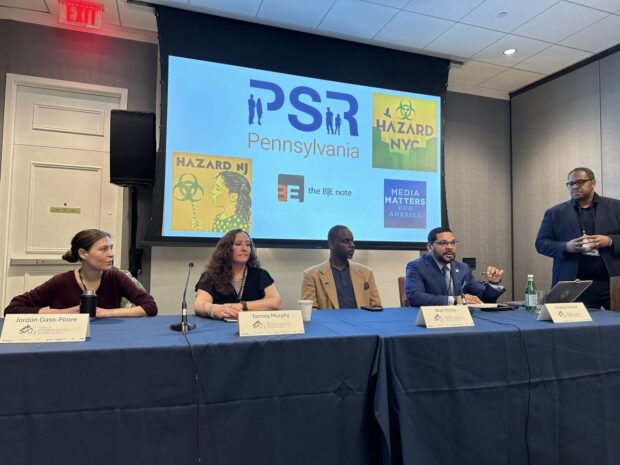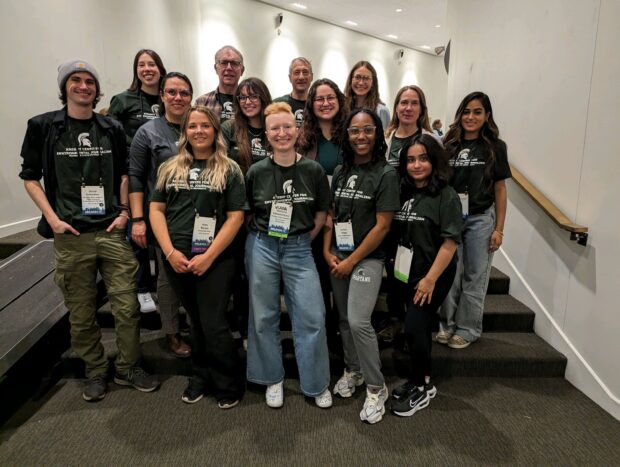The Knight Center for Environmental Journalism will award up to 3 grants of $3,500 each to support the making of environment-related documentaries (video, audio or other digital media) by MSU faculty-student teams.
Here are the essentials
Deadline for submission: February 16, 2024, at 5 p.m.
Decisions to be announced approximately March 8, 2024.
Open to faculty and students from all departments at MSU.
Maximum award: $3,500 for 1 year.
These must be documentaries, not public service announcements or advocacy pieces.
The Knight Center for Environmental Journalism must be credited for underwriting the project.
The Knight Center will be entitled to use your documentary, including linking on our website and presentation in classes, workshops and other activities.
Allowable expenses include travel, essential equipment, supplies, pay for students and festival & competition entry fees. All expenditures must comply with MSU procedures and rules. Any equipment purchased remains the property of MSU. Grant funds must be expended with one year from the date of approval by MSU Contracts and Grants.
What to Submit:
- Working title
• Medium: video, audio or other digital media
• Project summary (200 words maximum): What compelling story will you tell?
• Estimated timeline (Be realistic)
• Most likely audiences: Whom do you expect to watch or listen to it?
• For video & audio documentaries, what length do you expect the final version to be?
• Distribution plans: How will you disseminate your product?
• Budget plan: How do you plan to spend the money?
• Team members:
• Faculty: name, rank and department or school and project role, with abbreviated CV
• Students: name, year, major and project role, with resume
• Potential problems and obstacles
• Links to any relevant projects by team members or bring a CD to the Knight Center office at 382 Com Arts Building by the deadline
Email questions to Eric Freedman, Director, freedma5@msu.edu
Email submissions to Barbara Miller, mille384@msu.edu


